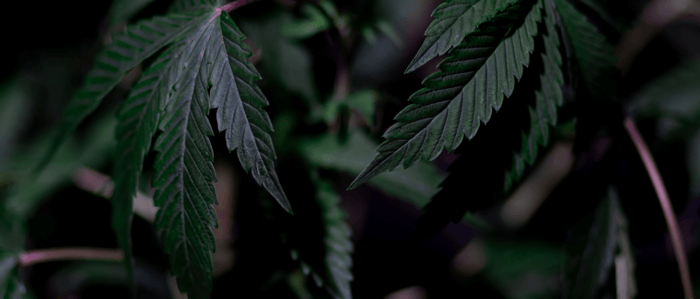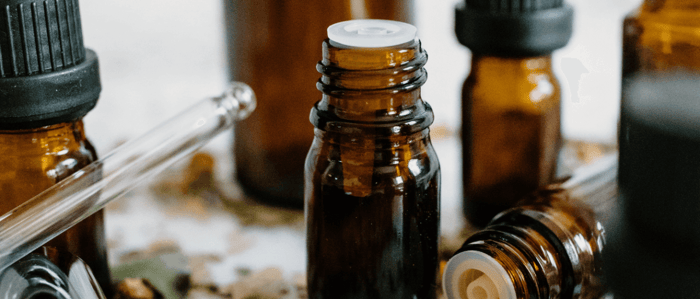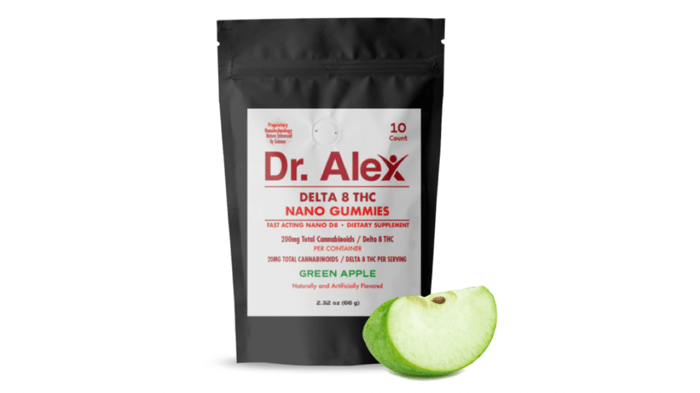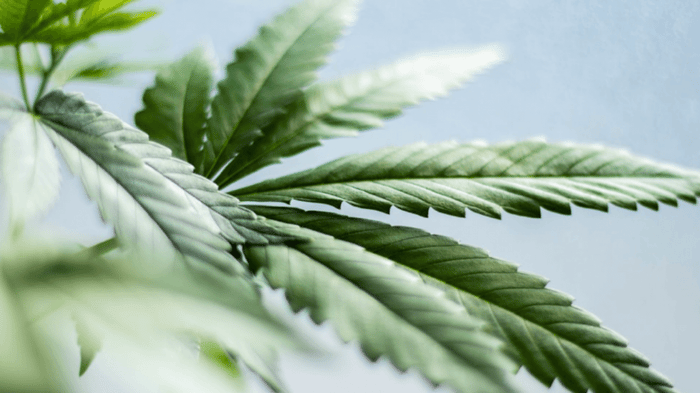
Does Delta 8 get you high?
The more we find out about this herb, the more we realize how little we know. The world of cannabinoids can be particularly complex. You know about delta-9-THC, but what about its close cousins?
Cannabinoids are produced by natural chemical reactions such as decarboxylation, isomerization and oxidation. A few key enzymes are responsible for the biosynthesis of cannabinoids, namely CBDA synthase, CBCA synthase, and THCA synthase.
These substances convert CBGA, the root or "mother" of cannabinoids, into the acidic forms of cannabinoids we all know and love: CBD and delta-9-THC, as well as lesser-known compounds like CBC and delta-8-THC.
What is delta-8-THC?
From CBGA, the resulting delta-9-THC is oxidized to an isomer with a very similar structure: delta-8-THC. Since this molecule is formed by oxidation, it is not further altered when exposed to air.
This is a valuable feature for pharmaceutical uses that compensates for the rarity of this cannabinoid. The delta-8-THC is produced in such small amounts by cannabis that the only way to enjoy its effects is to consume particular concentrates.
The delta-8-THC binds to CB1 receptors in the central nervous system in the same way that delta-9-THC does and to CB2 receptors.
According to research and anecdotal evidence, delta-8-THC is a kind of "light" version of traditional delta-9-THC; it causes a mild sedative effect without the typical mental stimulation caused by delta-9-THC.
In addition, when taken in high doses, delta-8-THC appears to cause less anxiety than delta-9-THC.
Does delta-8-THC have therapeutic properties?
Anecdotal evidence describes the effects of delta-8-THC as much more subtle than those of delta-9. Users report very few intoxicating effects accompanied by a relaxed state of mind.
Cannabis researchers have been testing the effects of delta-8-THC for decades. They have found that it increases food consumption in animal subjects, and it has even been tested in human subjects against the side effects of chemotherapy in children.
However, more clinical studies are needed to inspect a more comprehensive range of conditions. If delta-8 shows efficacy against the disorders that delta-9 helps manage, the molecule could find its way into improved versions of cannabis-based medicines.
What is delta-10-THC?
While researchers have known about delta-8-THC for a long time, delta-10-THC has only recently emerged as a breakthrough cannabinoid. Like delta-8, delta-10 occurs as an isomer of the delta-9-THC we all know and love. Although it shares the same chemical formula, its atoms are arranged differently within the molecule.
Delta-9-THC got its name because it has a double bond with the ninth carbon chain of the molecule. In the case of Delta-10-THC, this double bond occurs with the tenth carbon chain. This subtle change in molecular structure means that delta-10 has slightly different effects without completely altering its ability to bind to the body.
This novel cannabinoid has sparked a wave of curiosity in the cannabis industry. Consumers are looking to test this mysterious molecule, and producers are rushing to meet this demand with delta-10-THC cartridges and the like.
We are not entirely sure. Delta-10 has emerged so recently that there are no studies that elucidate its mechanism of action on our bodies. However, the behavior of delta-8 and delta-9 offer encouraging clues. Both cannabinoids bind to the CB1 and CB2 receptors of the endocannabinoid system.
CB1 receptors are mainly found in the nervous system, and their activation causes different psychoactive effects in other cannabinoids. CB2 receptors are primarily found in the immune system. Delta-8 manages to bind to both of these receptors, regardless of the linkage of its double link. This allows us to assume that delta-10-THC can reasonably bind to primary cannabinoid receptors.
Does delta-10-THC get you high?
Further evidence that delta-10-THC binds to CB1 receptors comes from anecdotal evidence of its effects. Several cannabis companies in the US have already developed delta-10-THC products, and a range of pre-filled delta-10-THC vaporization cartridges are available for purchase by those curious about its effects.
Consumers describe its effects as psychoactive but far less intense and intoxicating than delta-9-THC. Some describe the change in consciousness as a "brain high" that "clears the mind". If these effects are consistent among users, delta-10-THC could find its place on the market as a daytime cannabinoid consumed to increase motivation and focus.
A Californian cannabis extract company accidentally discovered delta-10-THC after purchasing a batch of contaminated cannabis buds. While the crop from which its flowers emanated was still growing, forest fires ravaged the state. In an attempt to fight the fire, firefighters bombed flame retardants from the air. These chemicals found their way into the cannabis stockpile.
The company in question extracted the biomass from the cannabis and distilled the finished product to remove any contaminants. But they noticed that strange crystals were starting to form. They decided it was not THCA, as acid does not develop after high-temperature distillation.
The samples were sent to a specialized analytical laboratory, and the technicians were able to identify the molecule as delta-10-THC. It turns out that small amounts of delta-10 can often appear on standard high-performance liquid chromatography (HPLC) analysis. Still, this form of research can lead technicians to misidentify the cannabinoid as CBC (cannabichromene) or CBL (cannabicyclol).
The addition of the flame retardant succeeded in causing the double bond to migrate from the ninth position to the tenth in the THC molecule. A consultant from the extraction company managed to recreate this reaction with the help of food additives and stabilizers. Other manufacturers are now producing this synthetic cannabinoid using CBD. When raw CBD extract is used, producers use carbon and vitamin C derivatives to process the molecule. When isolates are used, solvents and acids are used for this purpose.
Is Delta-10-THC legal?
It depends on the source. In the US, if derived from cannabis, Delta-10-THC is considered illegal at the federal level due to the Schedule 1 classification of cannabis. However, hemp-derived Delta-10 exists in a legal grey area.
The Agricultural Improvement Act of 2018 changed the definition of hemp in America. It states that "the term 'hemp' means that the Cannabis sativa L. plant and any part of that plant including its seeds and derivatives, extracts, cannabinoids, isomers, acids, salts of isomers, whether growing or not, have a concentration of Delta-9-THC of less than 0.3 percent of its basis weight."
The passage of this law makes it clear that Delta-10-THC derived from low-THC hemp varieties remains federally legal in the US. Many companies have understood the law in this way and have moved on to manufacturing, product development, and sales.
Delta-8 and Delta-9 vs Delta-10
These three cannabinoids offer something different. Delta-9 offers a classic cannabis high, while users report a more relaxed effect from delta-8, without the panic sometimes associated with delta-9. Delta-10 seems to provide a more cerebral result without too much intoxication, although this remains unclear. The latter seems to fall between delta-9 and CBD on the market. While it doesn't offer a traditional high, it seems to offer something more pronounced than the effects of CBD alone.
Before you get too excited, no one has ever made their batch of delta-10-THC at home. At least not yet. For now, leave it to the big players in the industry, give them time to refine and perfect the extraction and conversion processes. As progress is made in this area and a more efficient approach is developed, it may be possible to imitate the methods on a smaller scale.




